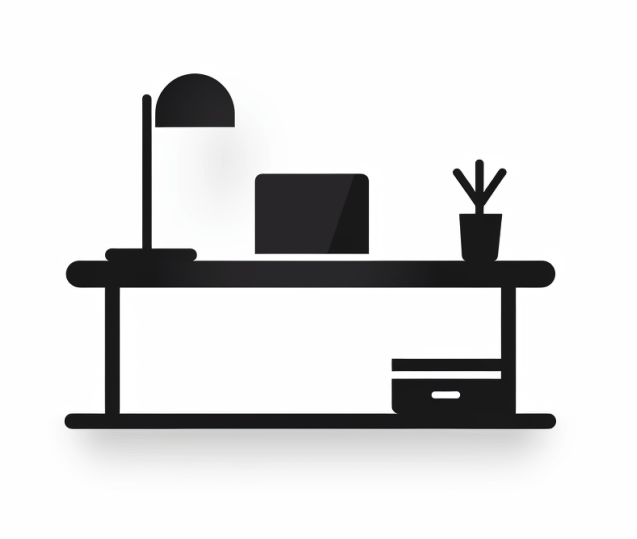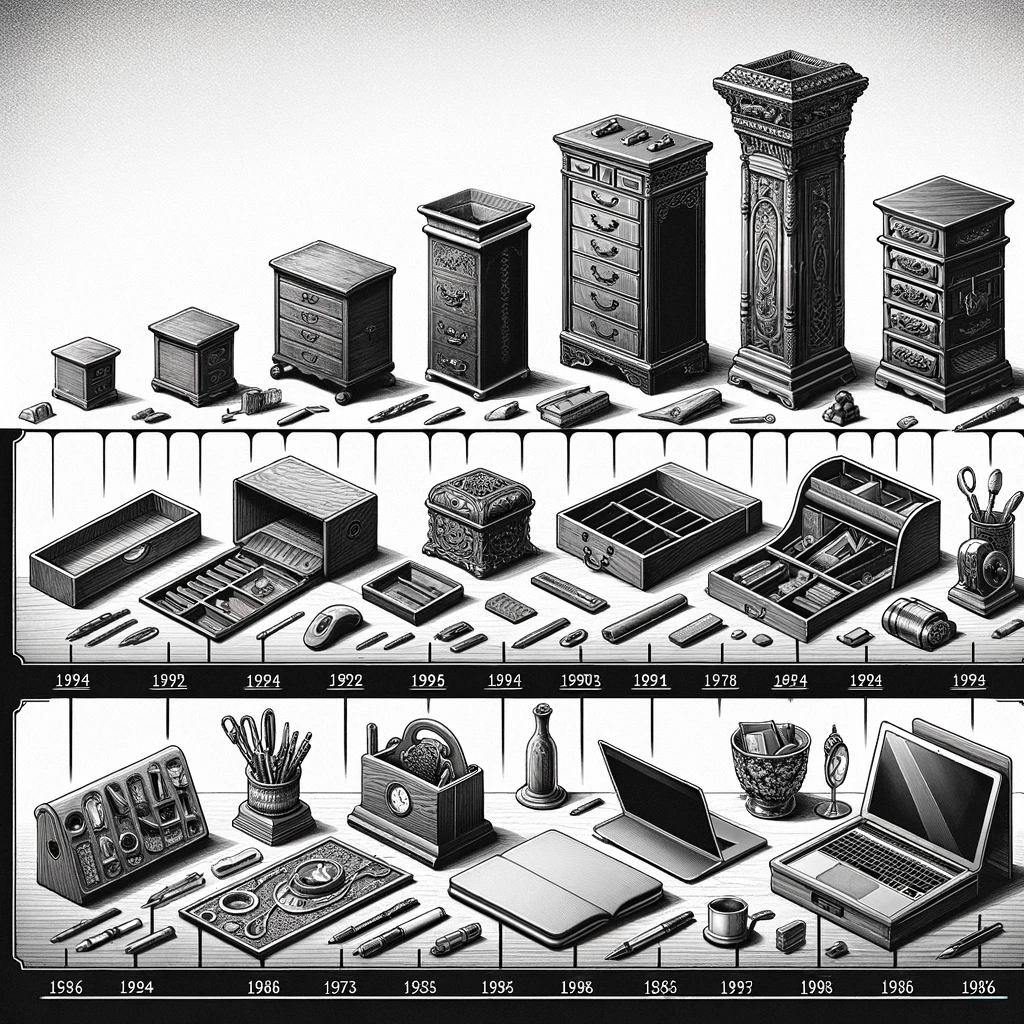Environmental Considerations in Desk Organization
When considering desk organization, it is crucial to consider the environmental impact of the tools and materials used. Opting for sustainable materials and eco-friendly designs can significantly reduce the carbon footprint associated with desk organization. Choosing products made from recycled materials or those that are easily recyclable at the end of their life cycle can make a positive difference in reducing waste and promoting environmental conservation. Additionally, supporting companies that prioritize sustainability in their production processes can help drive the market towards more eco-friendly practices.
Individuals contribute to a greener and more sustainable future by incorporating environmental considerations into desk organization. Choosing items such as bamboo desk organizers, recycled paper trays, or biodegradable storage bins can not only help declutter your workspace but also demonstrate a commitment to environmentally conscious practices; in a world where every small action counts, making eco-friendly choices in desk organization can be a simple yet impactful way to contribute towards a more sustainable planet.
Sustainable Materials and EcoFriendly Designs
Sustainable materials and eco-friendly designs have gained significant popularity in the realm of desk organizers in recent years. Consumers are increasingly seeking out products that align with their environmental values, leading to a surge in the availability of desk organizers made from recycled materials such as reclaimed wood, repurposed plastic, and even biodegradable components. This shift towards sustainability benefits the planet by reducing waste and caters to a growing segment of eco-conscious individuals looking to minimize their carbon footprint in all aspects of their lives.
Furthermore, the incorporation of eco-friendly designs in desk organizers goes beyond just the materials used. Many modern organizers are crafted with renewable resources and feature innovative designs that allow for easy disassembly and recycling at the end of their lifespan. Companies recognize the importance of sustainable practices and embrace them as a core value in product development. As a result, consumers now have a wide array of options when it comes to choosing a desk organizer that not only helps them stay organized but also supports their commitment to a greener future.
Psychological Benefits of a WellOrganized Desk
A well-organized desk can significantly impact a person's mental well-being. Clutter and chaos on a desk can lead to feelings of overwhelm, stress, and anxiety. On the contrary, a tidy and organized workspace can promote a sense of calm and clarity in the mind. When everything has its place and is neatly arranged, it can make it easier for individuals to focus on the task at hand, leading to increased productivity and efficiency.
Moreover, a well-organized desk can also positively affect creativity and inspiration. A clean and clutter-free environment can help stimulate creativity and encourage innovative thinking. It allows individuals to have a clear mind and think more freely without distractions. By creating a visually appealing and harmonious workspace, individuals can feel more motivated and inspired to tackle their work with a fresh perspective.
Connection Between Clutter and Mental Health
A cluttered desk can significantly impact mental health. Research has shown that a disorganized workspace can increase stress levels and decrease productivity. When surrounded by chaos and clutter, individuals may find it difficult to focus and concentrate on their tasks, leading to feelings of overwhelm and anxiety. This can create a cycle where the clutter continues to build, further exacerbating mental health issues.
Moreover, clutter can also be a visual reminder of unfinished tasks or unmet goals, adding to feelings of guilt and inadequacy. The presence of clutter in one's work environment can create a sense of cognitive overload, making it harder to process information and make decisions effectively. By addressing the clutter and creating a more organized workspace, individuals may experience a sense of relief and improved mental clarity, ultimately enhancing their overall well-being.
Practical Tips for Efficient Desk OrganizationMaintaining an organized desk is essential for productivity and efficiency in any workspace. To achieve this, start by decluttering your desk regularly. Remove any items that are not necessary for your daily tasks and find a proper place for everything else. This will create a clean and tidy workspace and make it easier for you to locate items when needed.
Another useful tip is to establish a filing system for papers and documents. Use trays, folders, or binders to categorize and store paperwork based on importance or frequency of use. By having a designated spot for different types of documents, you can prevent them from piling up on your desk and maintain a more organized environment.
Strategies for Maintaining a Neat Workspace
Creating a tidying up your workspace routine can significantly contribute to maintaining a neat desk. Allocate a few minutes at the end of each workday to declutter your desk, file away loose papers, and organize your stationery. By consistently following this practice, you can prevent unnecessary buildup of clutter and ensure a fresh start each morning. Additionally, consider setting a weekly deep-cleaning session, during which you can thoroughly clean your desk, shelves, and any storage units to maintain a tidy and inviting workspace environment.
Incorporating storage solutions such as trays, bins, and drawer organizers can also aid in keeping your desk neat and functional. Allocate specific spaces for different categories of items, such as pens, notebooks, and electronics, to streamline your workflow and minimize visual distractions. Regularly reassess your storage system to ensure it is still effective and make adjustments as needed to accommodate any changes in your work requirements. You can maintain a tidy and efficient workspace that promotes productivity and creativity by implementing these strategies and incorporating them into your daily routine.

